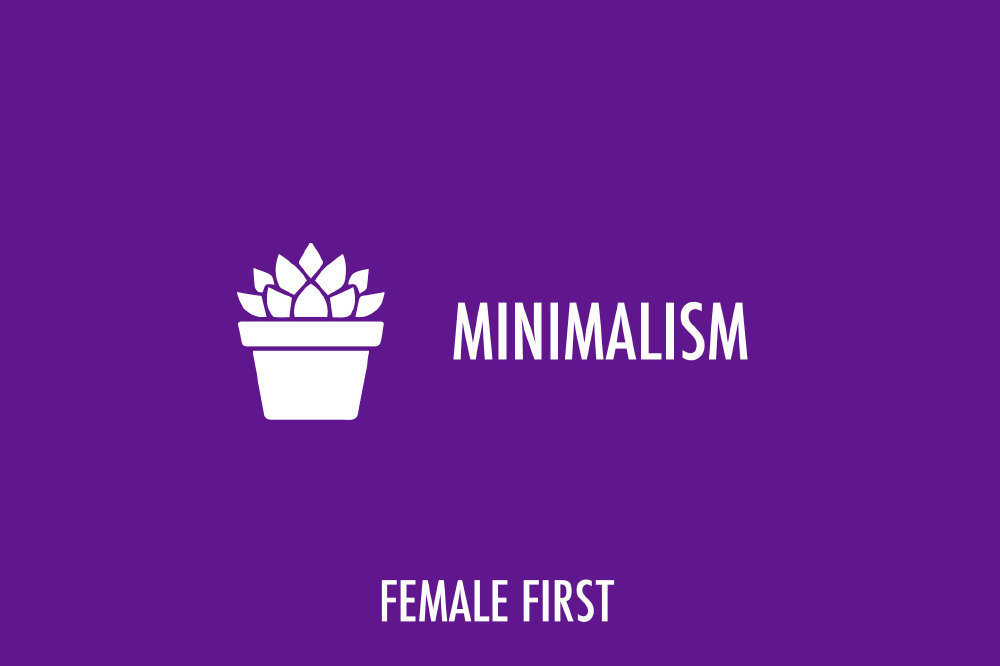If you are trying to embrace a more minimalist lifestyle and be more meaningful with your money, here are a few tips to stop you from leaving yourself short by the end of next month.

Image courtesy of Pixabay
Pay for the necessary things first: If on pay day you need to transfer money to pay for your car, your home or your other bills- do this first. What might look like a huge chunk of money will be drastically reduced once you have accounted for all the boring stuff.
Put your savings away on pay day: Don’t wait until the end of moth to see what you have left- commit to an amount and transfer it right away. This will stop you from dipping into money that is meant for a rainy day if you spend all that’s spare.
Plan out your month: Take a look at your diary- what do you have booked in between this pay day and next? Approximate how much money each of these activities will cost you. For instance, a meal out with friend might set you back x amount- write how much you plan to spend for each outing. This will leave you with a better idea of what is disposable income and what is taken up. Divide this between the four weeks until next pay day and figure out how much you have to spend each week. This is your weekly budget- stick to it!
Only buy what you NEED right away: If your car unexpectedly needs a new part or your you need to fix something important in your home- this is a necessary purchase. Anything else should be considered an impulse buy- therefore it’s a want not a need.
Write down what you WANT: Or put it in your wish list on your phone. If you wait a little while before buying this item- for instance a month- this will test whether you really want it or not. The desire for things wears off after a certain period of time, so find out how much you really want something by waiting. Chances are you won’t feel as compelled to buy it once you have time to mull over the idea.
Look to what you already have: Rather than rushing to buy something new- look at what you already have in your home. Rather than order that new book- read the ones from your to-be-read pile, instead of buying a new outfit- how can you repurpose the ones you have to look different? If you fancy a meal out with your family- check your cupboards- could you make something just as good at home?
Avoid areas of temptation: If, once you get paid you are naturally drawn to looking on shopping apps on your phone- break the cycle and do something else. Paint your nails, go for a walk, read a book, write in your journal- anything other than shopping. If, similarly, you head to the shops once your bank account gets full again- look for an alternative so you don’t see something you don’t need while browsing.
Look back at your most recent purchases: Reflect on what you bought last month. Could you have got them cheaper? Did you need them? Did you use them? How do you feel about them now? If your answers to these questions suggest that certain items were a waste of money- remember this when you go to buy something this month.
MORE: Seven ways minimalism helps you to relax

Tagged in Minimalist

